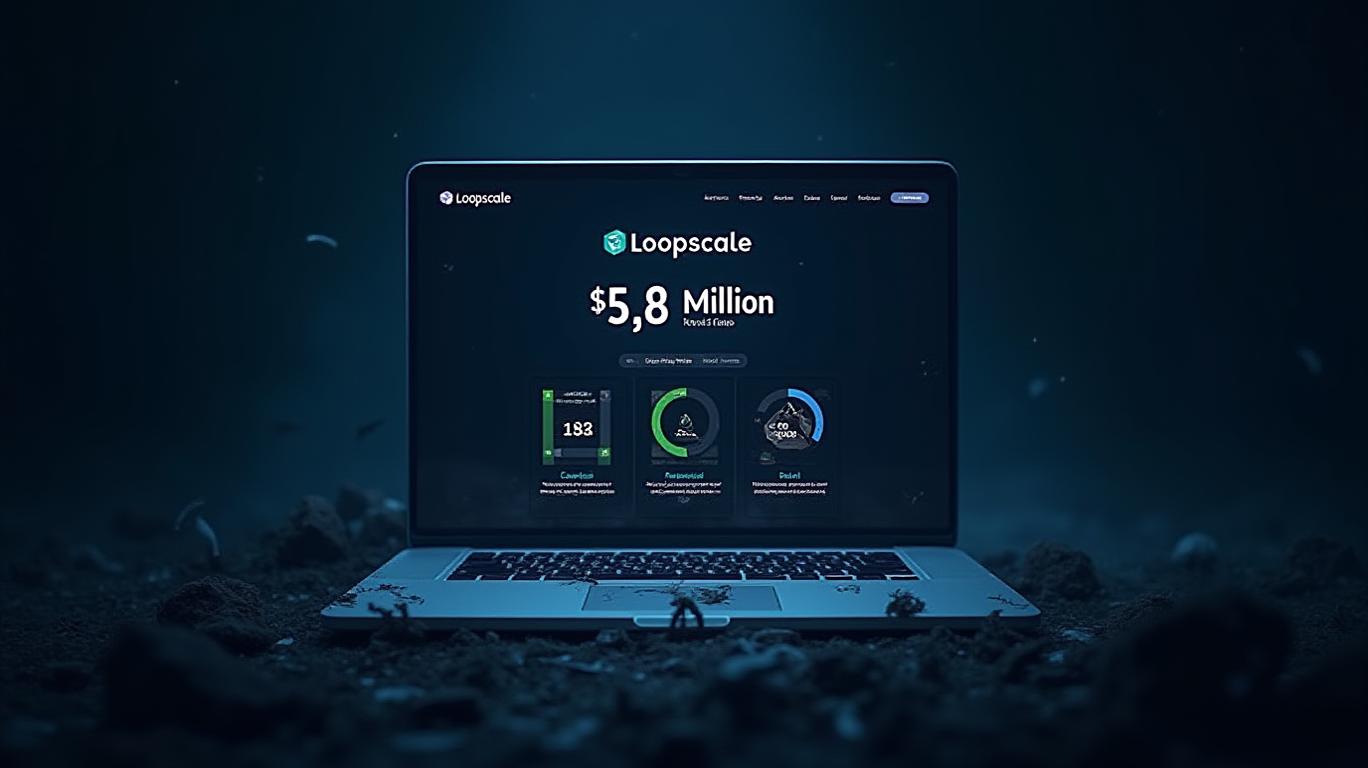Loopscale Loses $5.8 Million in DeFi Hack, Halts Lending
Loopscale, a decentralized finance (DeFi) lending protocol built on the Solana blockchain, recently faced a significant security breach, resulting in the loss of approximately $5.8 million in funds. This incident, which occurred on April 26, involved a hacker executing a series of undercollateralized loans, siphoning 5.7 million USDC and 1,200 SOL from Loopscale's vaults. The exploit prompted Loopscale to temporarily halt its lending markets to protect users and restore operations.
The funds lost represent a critical blow to Loopscale, which had recently launched its lending service on April 10 after a closed beta period. The security breach underscores the vulnerabilities that can exist within decentralized finance environments, especially concerning risk management practices. The incident is notable as it accounts for about 12% of Loopscale’s total value locked (TVL), raising concerns about the security measures within emerging decentralized finance platforms.
“Our team is fully mobilized to investigate, recover funds, and ensure users are protected,” said co-founder Mary Gooneratne, emphasizing their commitment to user security. The team's response to the breach is crucial for restoring user confidence and ensuring the protocol's resilience in the rapidly evolving DeFi landscape.
The Loopscale incident reflects a troubling trend in the decentralized finance sector. Such substantial breaches heighten scrutiny on the security protocols implemented by DeFi projects and the need for robust risk mitigation strategies to sustain investor confidence. The incident underscores the importance of continuous improvement in security measures to protect users and maintain the integrity of DeFi platforms.
Loopscale distinguishes itself from conventional DeFi lending protocols like AaveAA-- through its innovative order book model. Unlike platforms that primarily aggregate cryptocurrency deposits into liquidity pools, Loopscale is designed for capital efficiency by directly matching lenders and borrowers. Launched after rigorous beta testing, this protocol aims to optimize lending strategies through specialized offerings such as structured credit and receivables financing. This offers tailored solutions that could attract a diverse range of participants in the crypto lending space.
Despite the recent exploit, Loopscale has attracted considerable interest, boasting approximately $40 million in total value locked and a user base surpassing 7,000 lenders. The main vaults for USDC and SOL not only provide competitive annual percentage rates (APRs) that exceed 5% and 10%, respectively, but also facilitate unique lending markets for tokens like JitoSOL and BONK. This engagement indicates the potential for recovery and growth if operational security can be assured going forward.
The recent breach at Loopscale raises critical questions about security practices in the DeFi space, impacting both user confidence and investor sentiment. While the protocol faces challenges in recovering funds and restoring functionality, it remains pivotal for the team to enhance its security measures to safeguard their platform and users. Their ongoing commitment to investigating the breach and preventing similar incidents in the future will determine the resilience of Loopscale in the rapidly evolving DeFi landscape.

Quickly understand the history and background of various well-known coins
Latest Articles
Stay ahead of the market.
Get curated U.S. market news, insights and key dates delivered to your inbox.



Comments
No comments yet